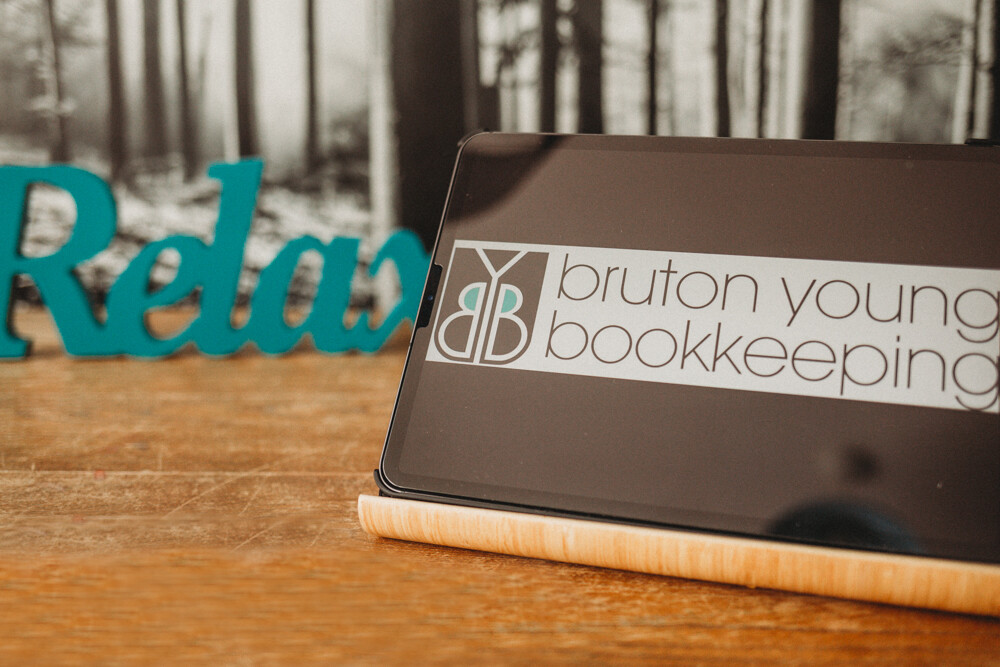People tend to pull numbers out of thin air when they work for themselves. It’s not like the usual; 9-5, 37.5 hours a week. When you’re an entrepreneur or run your own business the hours quite often vanish and you find yourself working into the long night. Do you know how many hours you actually work?
We’re all guilty of burning the candle at both ends. Working early mornings through to the late hours of the day, or even the early ones of the next day! Is this an efficient way of running a business? The answer is simply, no. It’s all too easy to get sucked into every aspect of running your company. Taking on tasks which you could put further down the list or even delegate to others if you have employees or freelancers. The problem is, when it’s something you’re growing, you’re passionate about and the buck ultimately stops with you, it’s hard to let go of the reins sometimes.
Studies show that even though we work hard and often put in long days, we actually overestimate the hours that we work. Whether that’s to convince ourselves that we’re working effectively or perhaps show off to others that all we do is work, that’s one for you to think about. If we are overestimating, where’s that time actually going? What are we doing with it? There’s a song that springs to mind.
We're busy doin' nothin'
Workin' the whole day through
Tryin' to find lots of things not to do
Like it or not, time is the most valuable resource we have. You can always make more money but you can’t conjure up more time. It’s not something we always want to talk about but we all have a finite amount of time and none of us know when that time will be up. When it’s gone, it’s gone. So perhaps it’s time (!) to start tracking how much time you actually work, instead of pulling those numbers out of that thin air.
Many people often seem hesitant, maybe even scared, or tracking their time. Some might think it’s not particularly worthwhile or a tedious exercise taking up minutes they could spend on other things. The point is that when you know where you time is going, what you’re using it on, you can make better decisions, adapt your working style and improve your workflow for the better. You can also put a more exact price on how much your time is worth in a monetary sense. That might come in useful when putting together pitches and proposals for clients.
Tracking your time can actually free up your time in the long run. You don’t have to spend money on time tracking software either. There are freebies like WhenIWork or you could just opt for a pen and paper. Or create a spreadsheet. However you decide, it’s important to stick with it and you’ll be surprised by the results after a couple of working weeks.
Start working smarter. Make those hours more effective and don’t be scared to take time off. Running a business that takes up every hour of your time probably isn’t the reason you started the business in the first place. You more than likely started the company to make a better work life balance for yourself and find some freedom to spend time with those that you love.


